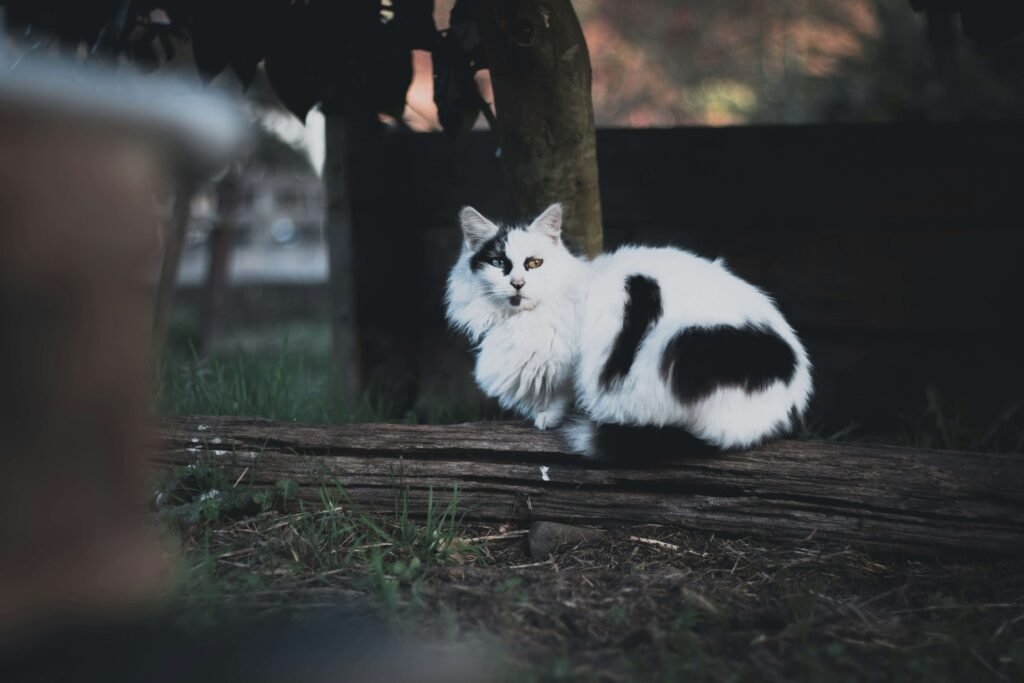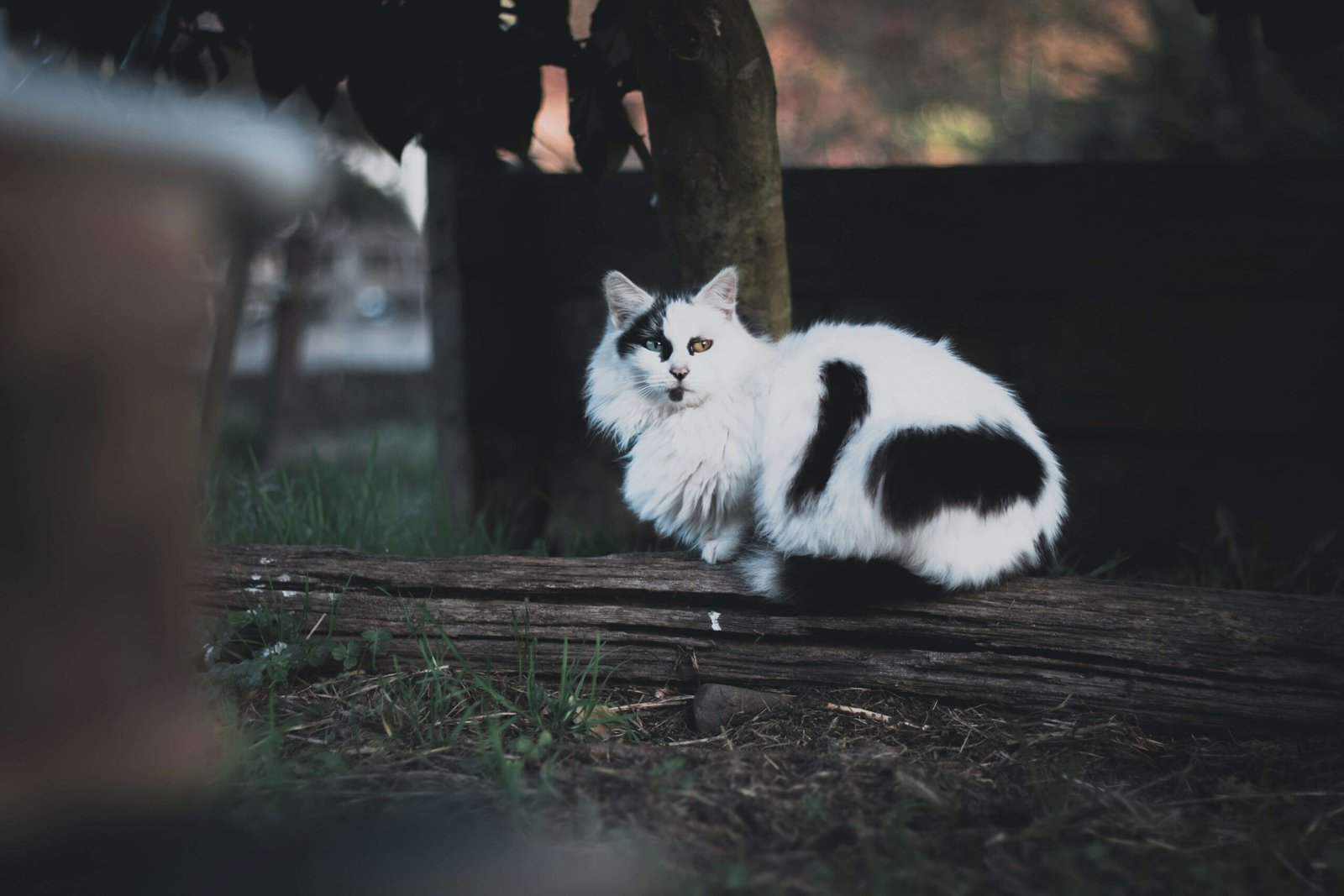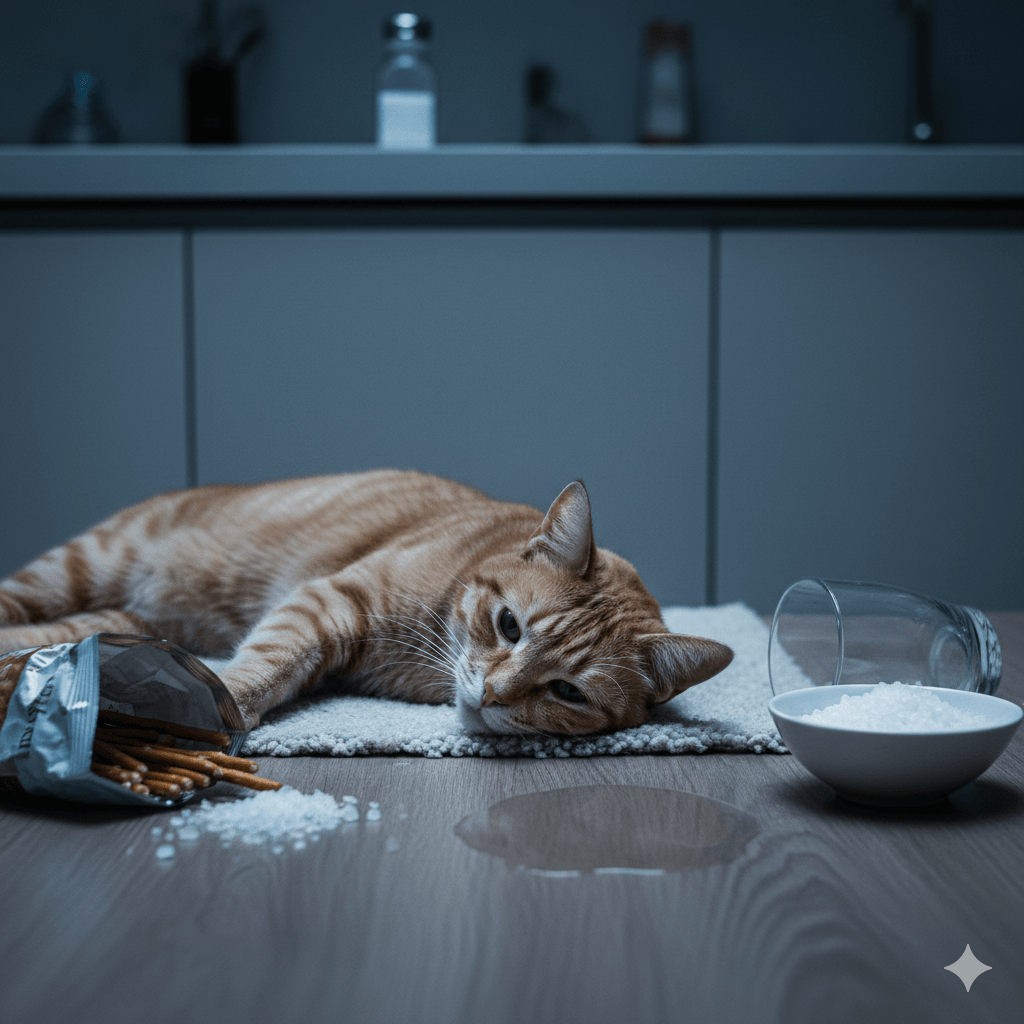Cat Face Swollen: Causes, Symptoms, and What You Can Do
Few things are as alarming for a cat owner as noticing swelling on their feline friend’s face. Whether it’s subtle puffiness or significant inflammation, a swollen face can indicate a range of underlying issues—from minor irritations to serious medical conditions. While cats are masters at hiding discomfort, facial swelling is often a clear sign that something isn’t right. In this blog post, we’ll explore the potential causes of a swollen cat face, how to identify symptoms, and what steps you can take to ensure your cat gets the care they need. With timely intervention and proper treatment, you can help your furry companion feel better in no time.
Common Causes of a Swollen Cat Face
Facial swelling in cats can stem from various sources, ranging from infections to allergic reactions. Understanding these causes can help you act quickly if you notice your cat’s face is swollen. Here are some common culprits:
Allergic Reactions : Cats can develop allergies to food, insect bites, or environmental triggers, leading to rapid swelling.
Dental Issues : Abscessed teeth or gum infections can cause localized swelling around the mouth and jaw.
Insect Stings or Bites : Bee stings or spider bites often result in immediate swelling, especially around the eyes or nose.
Trauma or Injury : Accidents like falls or fights with other animals can cause bruising and swelling.
Infections : Bacterial or viral infections, such as an abscess or upper respiratory infection, may lead to facial inflammation.
Identifying the root cause is essential for determining the appropriate course of action and ensuring your cat receives the right treatment.
Symptoms to Watch For
Beyond the visible swelling, there are other signs that can accompany a swollen cat face. These symptoms can provide valuable clues about the underlying issue. Here’s what to look out for:
Difficulty Eating or Drinking : Swelling near the mouth or jaw can make eating and drinking painful for your cat.
Excessive Drooling : This could indicate irritation or pain in the mouth or throat area.
Squinting or Watery Eyes : Swelling around the eyes may cause discomfort or impaired vision.
Lethargy or Hiding : Cats often retreat when they’re unwell, signaling that something is wrong.
Redness or Warmth : The swollen area might feel warm to the touch or appear red and inflamed.
By paying attention to these additional symptoms, you can better assess the severity of the situation and seek veterinary care promptly if needed.
Check this guide 👉Understanding Cat Swollen Paw: Best 7 Health Tips!
Check this guide 👉Understanding a Swollen Lip in Cats: Best 7 Health Tips!
Check this guide 👉Why Is My Cats Tail Swollen at the Base? Best 7 Tips!

Potential Cause | Signs to Look For |
|---|---|
Allergic Reaction | Rapid swelling, itching, hives |
Dental Problems | Bad breath, drooling, reluctance to eat |
Insect Stings/Bites | Localized swelling, redness, pain |
Trauma/Injury | Bruising, limping, behavioral changes |
Infection | Fever, discharge, lethargy |
Immediate Steps to Take When Your Cat’s Face Is Swollen
If you notice your cat’s face is swollen, taking prompt action can make a significant difference in their recovery. Here’s what you should do:
Stay Calm and Observe : Assess the situation carefully and note any accompanying symptoms.
Check for Obvious Triggers : Look for signs of insect stings, foreign objects, or injuries.
Avoid Delaying Treatment : Even if the swelling seems minor, it’s best to err on the side of caution and consult a vet.
Apply a Cold Compress : For minor swelling, gently applying a cold compress can help reduce inflammation (but avoid direct contact with open wounds).
Keep Your Cat Comfortable : Provide a quiet space where they can rest while you arrange for professional care.
Taking these steps ensures your cat remains as comfortable as possible until you can address the issue with a veterinarian.
Preventive Measures to Protect Your Cat
While not all cases of facial swelling can be prevented, certain measures can reduce the risk of common causes. Here’s how you can safeguard your cat’s health:
Regular Vet Check-Ups : Routine dental exams and wellness visits can catch problems early before they escalate.
Monitor Their Environment : Remove potential hazards like toxic plants or small objects that could harm your cat.
Watch for Allergens : Identify and eliminate foods or substances that might trigger allergic reactions.
Supervise Outdoor Time : If your cat goes outside, ensure they’re safe from encounters with aggressive animals or insects.
Maintain Oral Hygiene : Brush your cat’s teeth regularly or provide dental treats to prevent gum disease and infections.
By adopting these preventive strategies, you can minimize the chances of your cat experiencing facial swelling and promote their overall well-being.
Understanding the Role of Infections in Facial Swelling
Infections are a common cause of facial swelling in cats and can vary in severity. Recognizing the signs of an infection is crucial for timely treatment. Here’s what you need to know:
Abscesses : These localized infections often result from bite wounds or scratches and can cause significant swelling.
Upper Respiratory Infections : Viral or bacterial infections can lead to nasal congestion and puffiness around the face.
Dental Abscesses : Infected teeth or gums may cause swelling that extends to the cheeks or eyes.
Systemic Infections : Severe infections affecting the entire body can manifest as facial swelling alongside other symptoms like fever.
Signs of Pain : Cats with infections may paw at their face, avoid eating, or appear unusually irritable.
Understanding these types of infections helps you identify potential issues early and seek veterinary care to prevent complications.
Managing Allergies to Prevent Facial Swelling
Allergies can strike unexpectedly and cause rapid swelling in your cat’s face. Managing allergens effectively can reduce the risk of such reactions. Here’s how to handle allergies:
Identify Triggers : Common allergens include certain foods, flea bites, pollen, or household chemicals.
Switch to Hypoallergenic Food : If food allergies are suspected, consult your vet about transitioning to a hypoallergenic diet.
Use Flea Prevention Products : Regular flea control minimizes the risk of flea allergy dermatitis, which can cause facial swelling.
Clean Their Environment : Vacuum frequently and remove dust or mold to reduce environmental allergens.
Monitor for Recurrence : Keep a log of incidents to identify patterns and prevent future allergic reactions.
By managing allergies proactively, you can minimize the chances of your cat experiencing sudden and distressing facial swelling.
When to Consider Emergency Care for Your Cat
Some cases of facial swelling require immediate attention to prevent life-threatening complications. Knowing when to seek emergency care can save your cat’s life. Here’s what to consider:
Difficulty Breathing : Swelling near the throat or nose can obstruct airflow, requiring urgent intervention.
Severe Pain : If your cat is vocalizing, hiding, or showing signs of extreme discomfort, act quickly.
Rapid Swelling : Sudden, dramatic changes in facial size often indicate an acute allergic reaction or trauma.
Behavioral Changes : Lethargy, confusion, or aggression may signal underlying systemic issues.
Bleeding or Open Wounds : Visible injuries accompanied by swelling should be treated immediately to prevent infection.
Recognizing these red flags ensures your cat receives the critical care they need, potentially averting serious health risks.
Frequently Asked Questions About Cat Face Swelling
How quickly should I see a vet if my cat’s face is swollen?
Seek veterinary care immediately, especially if the swelling is severe or accompanied by other symptoms like difficulty breathing.
Can I treat a swollen cat face at home?
Minor cases, such as mild insect stings, may respond to home care, but always consult a vet to rule out serious issues.
What causes sudden facial swelling in cats?
Sudden swelling is often due to allergic reactions, insect bites, or trauma.
Are certain cat breeds more prone to facial swelling?
Brachycephalic breeds (e.g., Persians) may be more susceptible to respiratory or dental issues that cause swelling.
Will my cat recover fully after treatment?
Most cats recover completely with proper diagnosis and treatment, though recovery time depends on the underlying cause.
Supporting Your Cat Through Recovery
A swollen cat face can be distressing for both you and your furry friend, but with prompt attention and proper care, most cases resolve successfully. By staying vigilant, recognizing symptoms early, and seeking professional guidance, you can ensure your cat receives the treatment they need to heal. Remember, your role as a caregiver is invaluable—offering comfort, patience, and love during their recovery journey strengthens the bond you share. Cats are resilient creatures, and with your support, they’ll bounce back stronger than ever. So, don’t hesitate to act if you notice anything unusual; your quick response could make all the difference in keeping your beloved companion healthy and happy.
Poodle Water Dog: Best 7 Expert Tips! – Discover how Poodles excel in water activities, from swimming to training, and unlock their aquatic potential today.
Salt Poisoning in Cats: Best 7 Expert Tips! – Learn the dangers of salt toxicity, spot symptoms early, and discover how to keep your cat safe from this serious health risk.
Salt Poisoning in Dogs: Best 7 Expert Tips! – Learn the dangers of salt toxicity, recognize symptoms, and discover life-saving steps to protect your dog.
Can Too Much CBD Kill a Cat? Best 7 Expert Tips! – Discover the risks, safe dosages, and signs of CBD toxicity to keep your cat safe and healthy.





